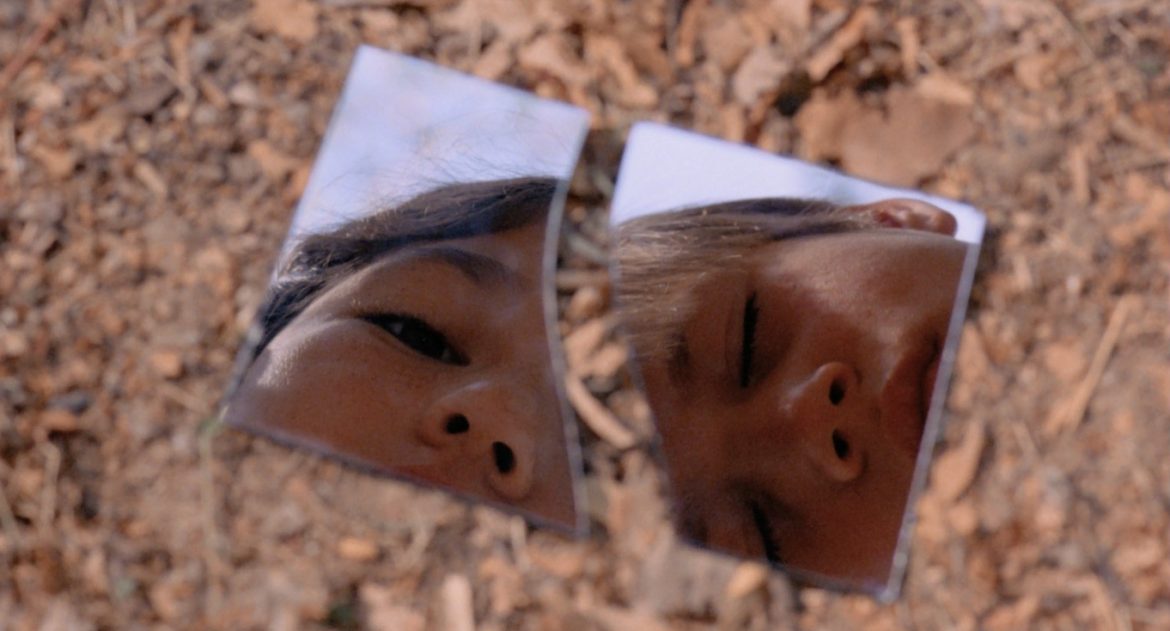Searching for a thread on Iranian cinema, and there it is, a bit on the dusty side, but no matter.
Yes, there's a lot of slow minimalism, which on a case-by-case basis, sometimes works, sometimes doesn't. I struggle, for example, with Kiarostami's Close Up, I know it's considered one of the greats, but I have a difficult time staying engaged with it. I did give it a 3.5, but that's considerably lower than the norm.
Interestingly, the subject of that movie, Mohsen Makhmalbaf, is my favorite Iranian filmmaker. While I do admire Panahi, and Farhadi - liked the 2 I've seen from Majidi (Baran, Children of Heaven), and Dariush Mehrjui (who was sadly murdered, along with his wife, in 2023) made some absolute classics (The Cow and the Pear Tree among my favorites), Makhmalbaf's my main man, A Moment of Innocence, Gabbeh, and The Silence are all 5-star efforts in my movie world.
And heck, the whole darn family has made some outstanding films - Marzieh's The Day I Became a Woman, Samira's The Apple, and Hana's Buddha Collapsed Out of Shame, are all standouts.

The thing I found interesting in The Silence, are the things I didn't "get" on a first viewing, even though I loved it - For example - according to Mohsen, his intent wasn't to use familiar narrative devices for this picture but to rely heavily on symbolism based on Islamic mysticism and the writings of 13th century Persian poet Rumi (the broken mirror, for example, symbolizing parts of the truth, but not truth in whole, comes from Rumi)...
"…the truth is a mirror that shattered as it fell from the hand of God. Everyone picked up a piece of it, and each decided that the truth was what he saw reflected in his fragment rather than realizing that the truth had become fragmented among them all."
So that scene was more than just a nice camera shot of two kids and a broken mirror.
Yes, there's a lot of slow minimalism, which on a case-by-case basis, sometimes works, sometimes doesn't. I struggle, for example, with Kiarostami's Close Up, I know it's considered one of the greats, but I have a difficult time staying engaged with it. I did give it a 3.5, but that's considerably lower than the norm.
Interestingly, the subject of that movie, Mohsen Makhmalbaf, is my favorite Iranian filmmaker. While I do admire Panahi, and Farhadi - liked the 2 I've seen from Majidi (Baran, Children of Heaven), and Dariush Mehrjui (who was sadly murdered, along with his wife, in 2023) made some absolute classics (The Cow and the Pear Tree among my favorites), Makhmalbaf's my main man, A Moment of Innocence, Gabbeh, and The Silence are all 5-star efforts in my movie world.
And heck, the whole darn family has made some outstanding films - Marzieh's The Day I Became a Woman, Samira's The Apple, and Hana's Buddha Collapsed Out of Shame, are all standouts.
The thing I found interesting in The Silence, are the things I didn't "get" on a first viewing, even though I loved it - For example - according to Mohsen, his intent wasn't to use familiar narrative devices for this picture but to rely heavily on symbolism based on Islamic mysticism and the writings of 13th century Persian poet Rumi (the broken mirror, for example, symbolizing parts of the truth, but not truth in whole, comes from Rumi)...
"…the truth is a mirror that shattered as it fell from the hand of God. Everyone picked up a piece of it, and each decided that the truth was what he saw reflected in his fragment rather than realizing that the truth had become fragmented among them all."
So that scene was more than just a nice camera shot of two kids and a broken mirror.
__________________
Completed Extant Filmographies: Luis Buñuel, Federico Fellini, Satyajit Ray, Fritz Lang, Andrei Tarkovsky, Buster Keaton, Yasujirō Ozu - (for favorite directors who have passed or retired, 10 minimum)
Completed Extant Filmographies: Luis Buñuel, Federico Fellini, Satyajit Ray, Fritz Lang, Andrei Tarkovsky, Buster Keaton, Yasujirō Ozu - (for favorite directors who have passed or retired, 10 minimum)
 Check out my podcast:
Check out my podcast: